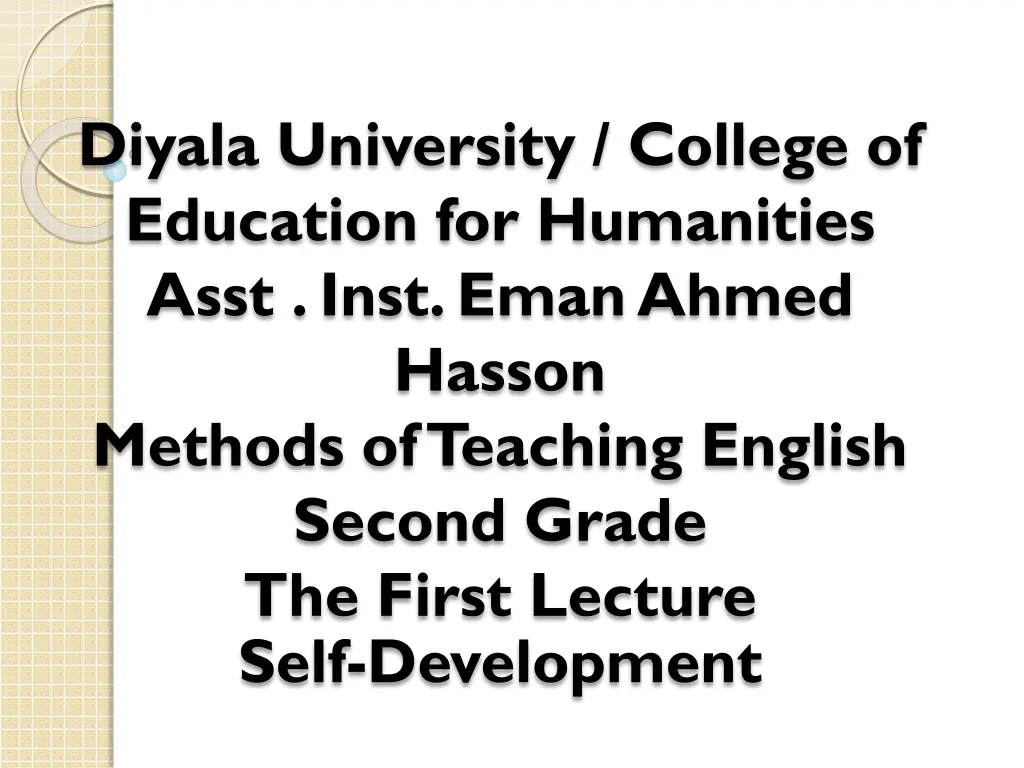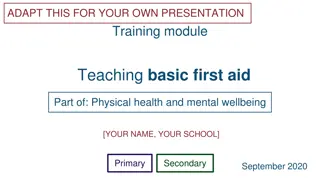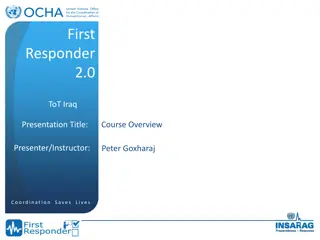
Enhancing EFL Teaching Through Self-Development
Explore the impact of self-development on EFL teaching through a comparison of two different classroom approaches - one emphasizing innovation and the other following a traditional method. Discover the key factors central to teacher self-development and the importance of continuous improvement in EFL/ESL teaching.
Download Presentation

Please find below an Image/Link to download the presentation.
The content on the website is provided AS IS for your information and personal use only. It may not be sold, licensed, or shared on other websites without obtaining consent from the author. If you encounter any issues during the download, it is possible that the publisher has removed the file from their server.
You are allowed to download the files provided on this website for personal or commercial use, subject to the condition that they are used lawfully. All files are the property of their respective owners.
The content on the website is provided AS IS for your information and personal use only. It may not be sold, licensed, or shared on other websites without obtaining consent from the author.
E N D
Presentation Transcript
Diyala University / College of Education for Humanities Asst . Inst. Eman Ahmed Hasson Methods of Teaching English Second Grade The First Lecture Self-Development
Self-Development Does self-development make a difference? I invite you to see two different EFL classrooms. The first is the classroom of Yoshi . The second is that of teacher Kathy .
Yoshis class He goes through his lesson with more or less lock-step fashion.
Kathys class: She design her own lesson and brings innovative ideas to her teaching.
Factors that are central to teacher self-development: 1-Time . 2-On going commitment. 3-problem solving. 4-Exploration for exploration sake .
5-Paying attention to and reviewing the basics of EFL/ESL teaching. 6-Searching out opportunities to develop. 7-Cooperation of others. .

![[PDF READ ONLINE] LAS VEGAS TRAVEL GUIDE 2023: DISCOVERING THE EXCITEMENT AND BE](/thumb/2060/pdf-read-online-las-vegas-travel-guide-2023-discovering-the-excitement-and-be.jpg)




















